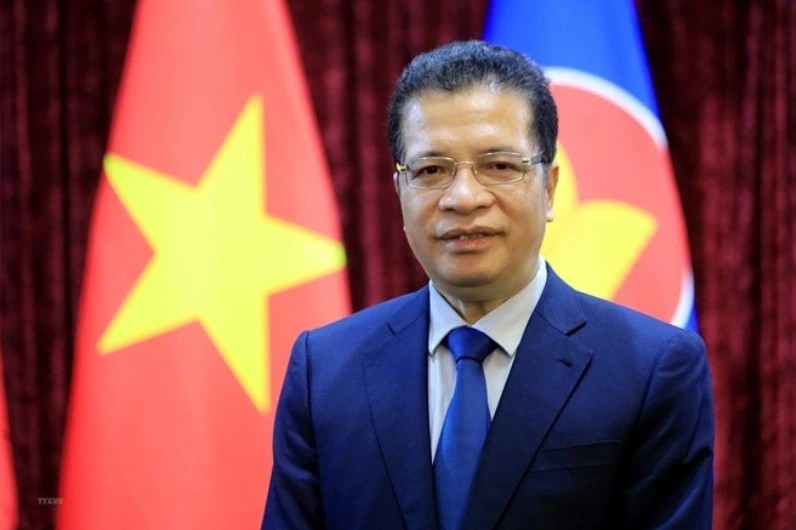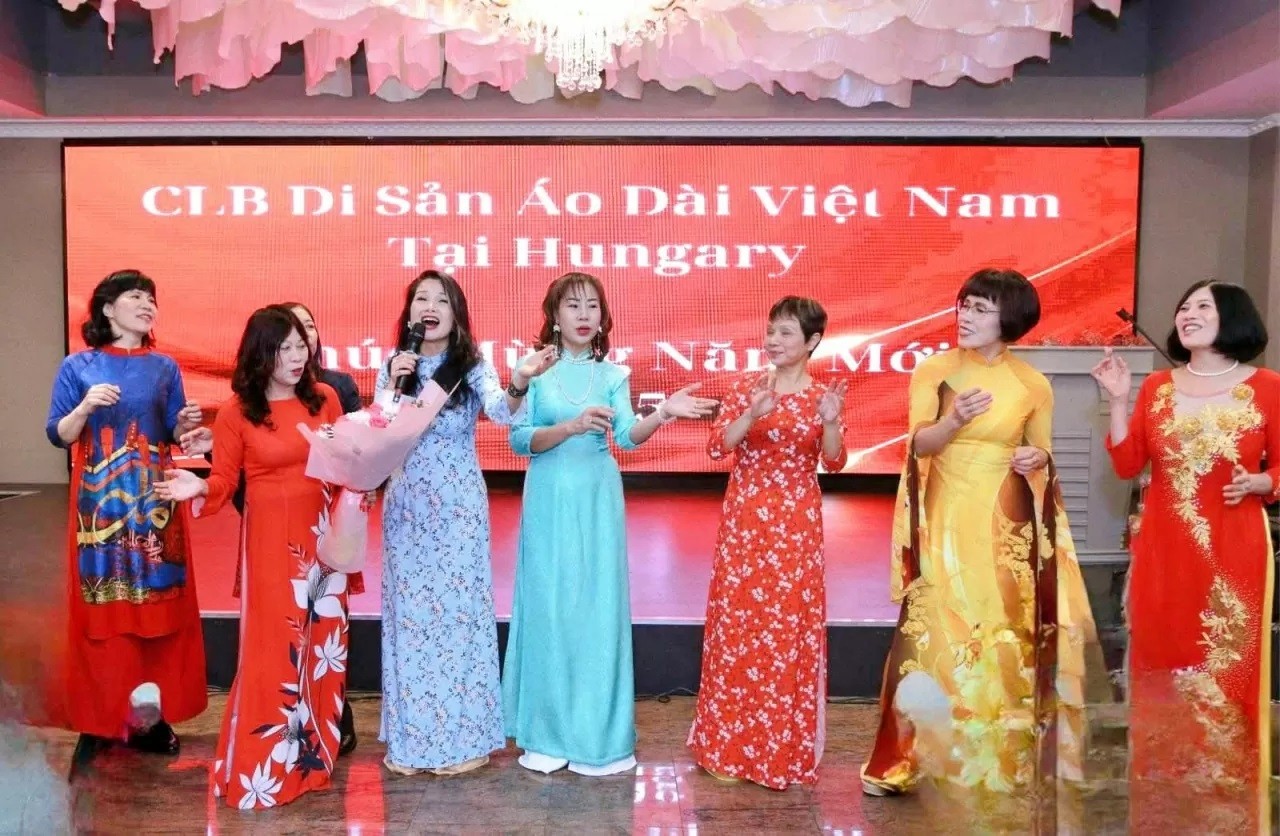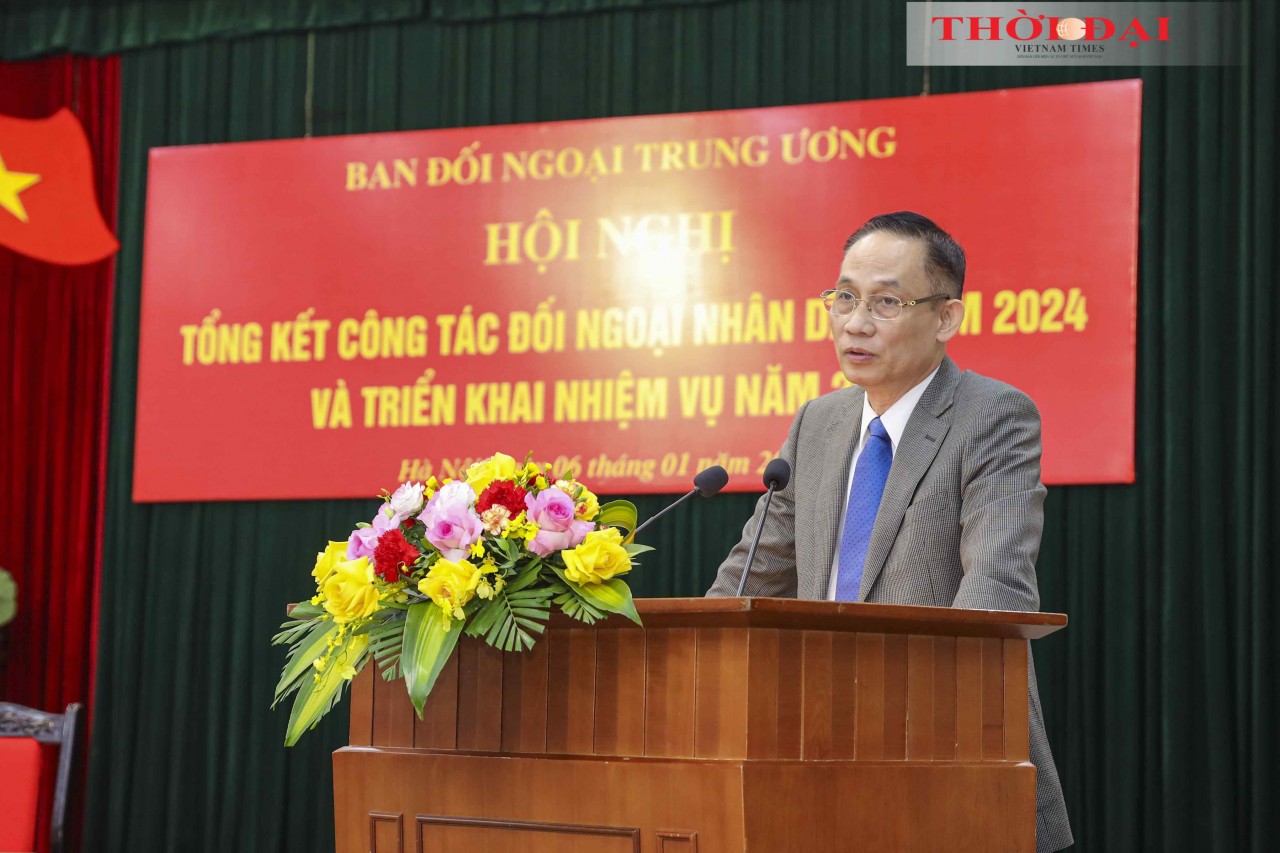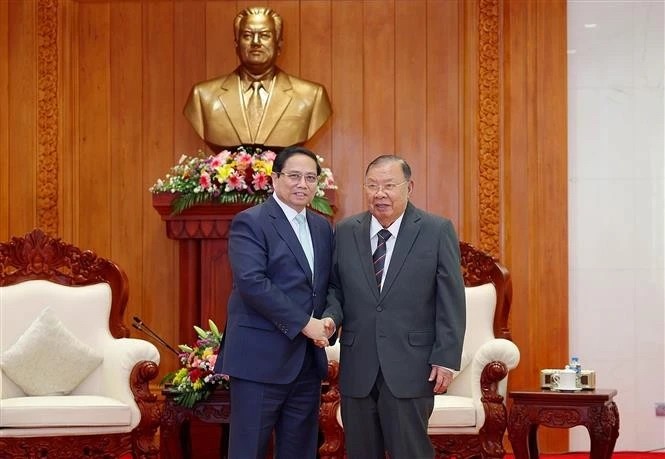Vietnam embraces Taiwan – style bubble tea
Coffee culture gives way to a milky brew chocked with fruit and tapioca balls
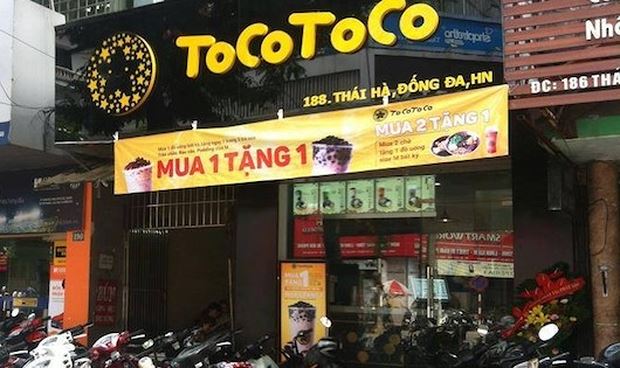
Toco Toco is one of Vietnam’s most popular chains of milk tea shops.
Taiwanese-style tea shops offering concoctions of cold milky tea filled with fruit, jelly and tapioca balls – often know as bubble tea – are all the rage in Vietnam, where coffee – drinking culture has long prevailed.
In central Hanoi, a Ding Tea outlet is usually crowded with female customers, who mix their milk tea with tapioca balls, jelly, chunks of fruit and other ingredients that fill about a third of the large cup, all of which is consumed through a large straw.
Ding Tea, a Taiwanese brand, is largely behind the growth in popularity of such drinks, becoming the biggest such chain since entering Vietnam in 2013, with 200 outlets nationwide.
The price of the drinks ranges from 30,000 to 60,000 dong (USD 1.32 to USD 2.64), slightly more than a cup of coffee. The relatively high price does not diminish the beverage's popularity with businesswomen and students, however. Taiwanese milk tea is similar in texture to the traditional Vietnamese dessert beverage called che, making the locals more receptive to the brew.
Aside from Ding Tea, the local chain Toco Toco is one of the largest, with similar products and prices. Many of its outlets are located in downtown areas or near schools, operating as small take-away shops.
Hanoi businesswoman Nguyen Bich Ngoc said she visits Toco Toco at least three times a week. She does not like the bitter taste of coffee she adds, and tea is "easier to drink and delicious like desserts" when fruit and tapioca are added.
According to local media, there are 30 milk tea brands in Vietnam operating more than 1,500 outlets. The Taiwanese brands Gong Cha and Co Co are among them.
Tea sales have also been picking up at supermarkets and other shops. Co.opmart, a supermarket chain with a strong presence in Ho Chi Minh City, started selling milk tea at its eat-in section last October. Sales of fruit-flavored tea are also on the rise at Citimart, another chain owned by Japanese retailer Aeon.
The Coffee House, a chain focusing on coffee, opened a milk tea shop in November and plans to add 40 more this year.
The Vietnamese have traditionally preferred coffee over the western-style tea used in the Taiwanese milky tea beverages. Vietnam is the world's second-biggest producer of coffee behind Brazil. In 2017, consumption of coffee stood at 150,000 tons, while that of tea was about a fifth of that, at 30,000 tons. But the gap is narrowing, as sales at tea shop chains have been growing by more than 20% annually.
Cafe culture was introduced by France during colonial rule from the late 19th century to the mid-20th century. The ubiquity of coffee shops in the country is partly a legacy of this period.
Since Vietnam joined the World Trade Organization in 2007, foreign products have been flowing in. Many foreign companies have established a presence, leading to more western influences on the local diet.
Sweet, milky Taiwanese tea fit comfortably into this trend, helping spread the popularity of western-style tea throughout the country.
Its popularity is also supported by the growing ranks of health-conscious consumers. While smoking is allowed at most traditional coffee shops, it is not at most tea shops. The fruit in these drinks is an added health bonus.
The sugar content can also be moderated, as milk tea shops usually allow customers to adjust the amount of sugar they want in their drinks. Typically, Vietnamese coffee contains a large amount of sweetened condensed milk./.
VNF/Asia Nikkei




